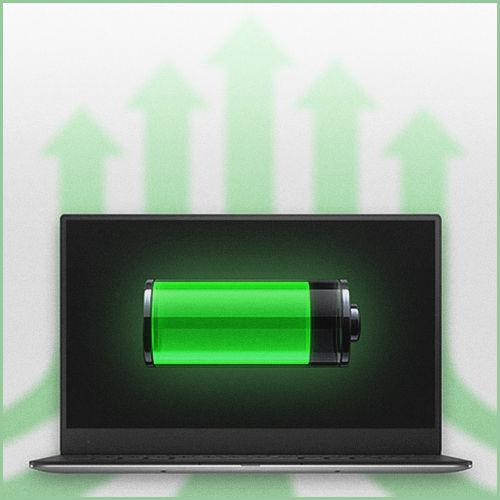Microsoft researchers have built prototype mobile devices with several batteries and a new software layer to extend laptops, tablet PC and smartphone battery life.
Microsoft researchers think they can answer the riddle to longer life batteries in laptops and tablets – by taking an approach that’s being used to boost performance in the datacentre.
Software-defined networking (SDN) has been a hot topic for the past few years for those keen on next-generation datacentre design. Cisco scrambled to figure out its story for the hardware-saving network virtualisation technology, while Google last year launched its own SDN, Andromeda, to optimise networking capabilities and performance on Google Cloud Compute.
 Similar efforts have been made to abstract key functions from other hardware, such as storage and servers at the datacentre. However engineers at Microsoft Research think the general approach can also deliver a longer life battery in consumer devices. Their idea is not to build better batteries but to rethink how a computer is built so that batteries last longer without a charge.
Similar efforts have been made to abstract key functions from other hardware, such as storage and servers at the datacentre. However engineers at Microsoft Research think the general approach can also deliver a longer life battery in consumer devices. Their idea is not to build better batteries but to rethink how a computer is built so that batteries last longer without a charge.
To do this, researchers are working on a “software-defined battery”. In fact, the prototype devices involve multiple kinds of existing batteries that are optimised for certain tasks – say low-power jobs like processing a Word document versus high-demand tasks such as rendering a video. These batteries work in tandem with software to keep laptops and tablet PCs charged longer.
In Microsoft’s vision for the software-defined battery (SDB), an operating system like Windows would orchestrate which task to allocate to the most appropriate Acer as10d31 notebook battery. The SDB software resides in the OS and implements a set of policies and APIs to optimise laptop battery selection and usage.
Device makers have eked out better battery performance largely through hardware modifications and improvements to lithium-ion batteries, though as Microsoft Research points out, these gains haven’t kept pace with faster processors and richer screens and typically don’t cater to different usage patterns.
It would also use machine-learning to make suggestions as to how to extend HP 593554-001 Laptop Battery Life based on a user’s habits – for example, it would notice that a person plugs their tablet in at a certain time every day just before delivering a long PowerPoint presentation.
Blending the smarter operating system and machine-learning, the laptop computer could optimise how it charges to suit a user’s habits and minimise the number of times a day the individual in question needs to plug it in.


1 thought on “Microsoft researchers taking new approach to boost laptop battery life”
Comments are closed.